
In her 20s, the artist and writer Sophia Giovannitti began doing sex work, a job which proved to be “the best way to make a lot of money in a short amount of time.” The experience inspired her book, Working Girl: On Selling Art and Selling Sex, out this week from Verso. In it, she considers the similarities between art and sex, both of which are esteemed as sacred but heavily commodified “on the outskirts of the formal economy.” Incorporating eclectic references, from the French theory collective Tiqqun to the transgender artist Tourmaline, Working Girl is a pointillistic contemplation of labor and the varied ways we choose to contextualize and deny it. It’s also a declaration of Giovannitti’s confidence “to discern for myself what is meaningful and what is bullshit” in a capitalistic landscape that shapes the most intimate parts of our lives.
In May, I met Giovannitti, 31, at her studio in Manhattan’s Chinatown, sandwiched vertically between Lubov gallery and Dim Sum Go Go. She began renting the space last fall and in the weeks prior to our meeting had used it to stage her performance piece Scorpion, Frog, 2023, which includes a lecture on control and Sophia Zero, a 3-D printed sculpture of her body on all fours that can be broken in two at the torso. I warned her over email that I would need to bring my infant daughter to the interview. “I love babies so much,” she replied, apologizing for the lack of soft seating—the small room’s couch having been temporarily replaced with hardback viewing chairs. We sat down in two of them and talked about self-contradiction, the strained relationship between social justice and art, and the question she would like people to stop asking her.
Rose Courteau: In your book, you wonder about a “feedback loop” between using sex work to “support an art practice that is allegedly, at first, independent of sex work,” but “often becomes inextricably linked to or entirely about it.” How do you talk about Working Girl without then just talking about sex work? Has that been a source of angst for you?
Sophia Giovannitti: I feel really conflicted about it. I've thought of being like, “Anything that I would want to say about sex work is in the book, and so I'm not going to talk about it.” And also say to myself, You wrote a memoir about sex work. Don't be irritated that people want to talk about it. It's pretty obvious that sex work is going to be the aspect that most people engage with, so [to] feel irritated by that is kind of strange. When I feel conflicted, rather than set up strict rules for myself, I let things play out and then analyze them. If I don't like what happens, that's okay, because the not-liking will produce more things to think about.
Courteau: What was the writing process like for you?
Giovannitti: I was going to write a series of [magazine] essays—[what became] the "Fantasy" chapters—and then the pandemic started. It was one of those things where you just lose touch with your editor. I was like, "Do I even want to write this?" I've written essays under other names. I was in this weird moment where I wasn't sure how public I wanted to be. Then I started working with this editor at Verso, Jessie Kindig, who I just love. I didn't feel pressured to write more personally or salaciously than I wanted to.
Ultimately Working Girl is, for better or worse, who I am at this moment. It makes me incredibly unhappy to have a lot of fractured or hidden elements of myself. I don't understand how people cheat. I've always been in open relationships because of that. I think that was kind of a cost-benefit analysis, where I was like, “I will be happier and more productive in my work if I’m open and honest about who I am.” That has proven to be true.
Courteau: What were conversations with your editor like?
Giovannitti: She helped me shape what was really a jumble. She understood that there can be a kind of randomness with my relationship to art and art history. I had anxieties about that when I was writing Working Girl. Someone might be like, “Well, why didn't you mention this book?”—which people have done. And I'm like, "I don’t know about it."
I'm very self-contradictory, which can be a strength in my writing, I hope, but I can definitely do it too much. Jessie helped me understand that after I make a statement, I don't need to immediately disqualify it. There’s this memoir element that grounds the book in specificity.
Courteau: Can you elaborate on that?
Giovannitti: There’s not a lot of room for self-contradiction in standardized discourses around sex, sex work, sexual violence, around just being a woman. And I think there's this pressure to feel certain about the way you feel and certain about the things that have happened to you. Honestly, so much of it comes out of recourse for rape in this country, [in] this brutal legal system that will not believe you. There's this pressure to be like, “This is what happened, and I know this is what happened, and I can prove it.”
A lot of that is in the book. There are moments where I argue [that] sex work is mundane service work and moments when I say, “These people have taken so much from me, and I feel really angry.” Those contradictions can live in the same text, but I think I have a tendency to [make] them from a place of, “I-know-you-might-say-this-and-I'm-going-to-jump-the-gun.” That is not a powerful position to be in. Jessie was like, “You actually just feel this way, and that's fine. Stick with it.”
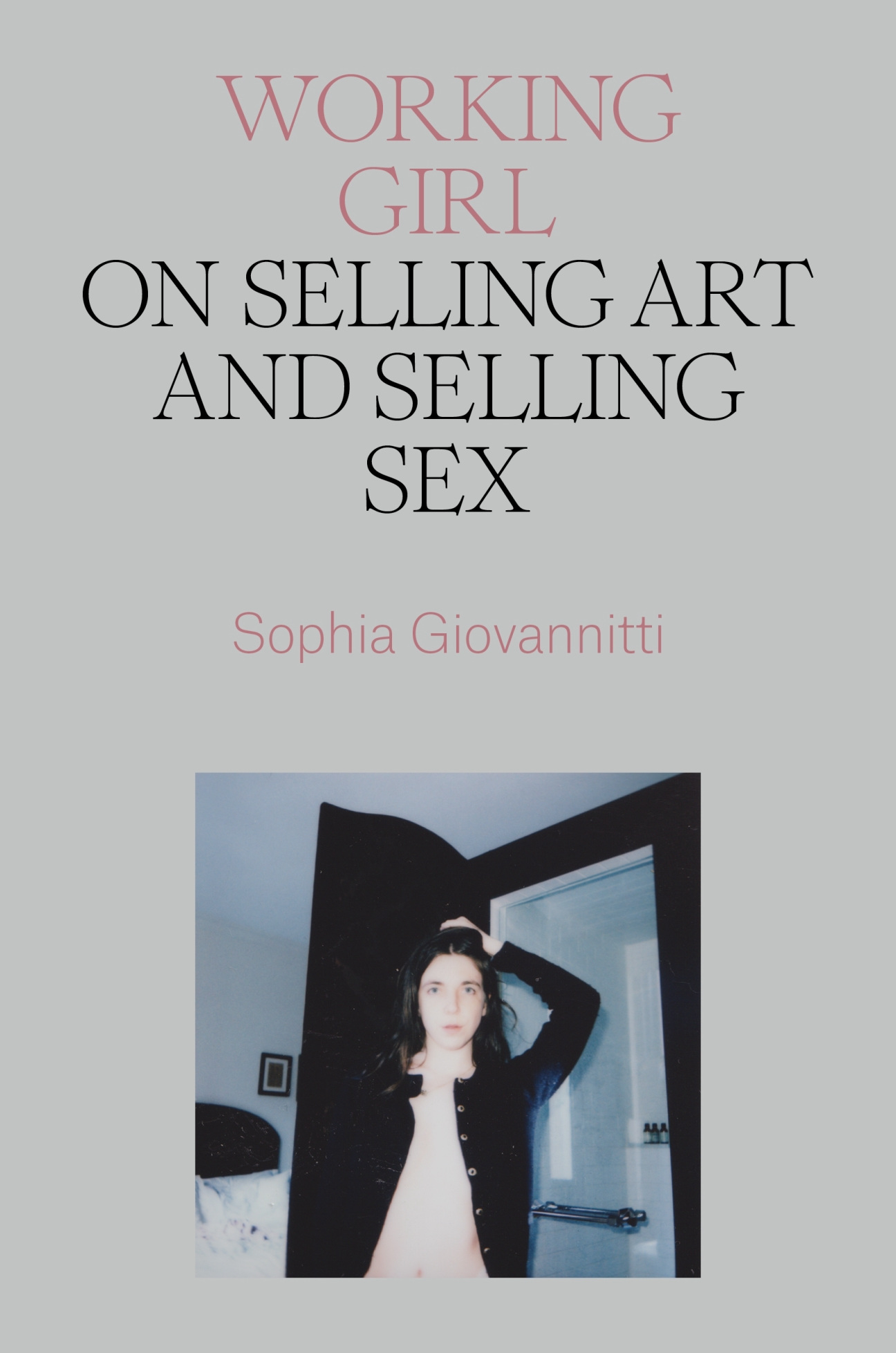
Courteau: Some of the most striking passages in Working Girl are almost case studies of clients. You demonstrate a piercing introspection and admit to your own various desires. Those moments were really affecting and relatable.
Giovannitti: I’ve been trying to come to terms with the way I am implicated within relationships. What I excel at is producing, heightening, and mining affective intensity, basically. It creates a lot of relationships where I do feel something. And I capitalize on that. In the book, I'm focused on other people's callousness. Now, I'm also thinking about my own callousness, [how I] use other people to produce scenarios where ultimately I lose interest or I come to resent them.
Courteau: Does that come out of boredom?
Giovannitti: Or it starves off boredom. I think it goes into this larger conversation around the book, where I have felt resistant to my work being categorized as feminist. I really hate casual misandry. I don't think it's helpful, and I just find that super boring. Now I've been coming to terms with [the fact] that I do have a lot of garden-variety anger about expectations of women in the world and in the workplace, and the way heterosexual relationships play out. I think this is a way of playing out those power dynamics in a controlled-burn kind of way. I know that I'm setting up a scenario in which I will feel like I haven't been adequately repaid.
Courteau: The publicity letter I got with Working Girl billed it as a portrait of an artist as a young woman. Were there certain narratives that you wanted to follow or disrupt?
Giovannitti: Totally. A lot of scripts relate to being a young woman trying to make a living in New York. Someone wrote about the book and said [I was] surviving in New York without generational wealth. That’s funny because I don't say anything in the book about whether or not I have generational wealth, which I do—just from being a white person who lives in New York and whose family lives in New York and owns property. I don't personally own property, but my parents do. I was like, “Oh, right. The narrative.”
I was a bit confused sometimes as to what scripts I do fit into. I've done other jobs, I could do other jobs. I'm not desperate for money. I write about the coerciveness of work in the book, [while] not wanting to overstate that feeling. Like, if I can't pay my rent, it’s okay. Someone will give me money. My boyfriend will, my parents will, my sister will. That's not a way I could live forever, but there's a lack of direness.
After I handed in the first draft, I worked so much [selling sex]. I really fell prey to the pressures around authenticity. Like [on one hand], I [did] need to make money. And also I think there was an element of continuing the story. Like, did I start doing sex work because I wanted to write about it? There is an expectation to produce art that's about your identity, and that definitely functions as a form of currency. There's also a backlash, rightfully, against cis white women feeling oppressed or marginalized. This sounds cynical, but it's very easy for a publisher or an institution to be like, “You do have this thing [sex work] that people might read this way that will give us this kind of credibility.” I'm sure [that] has worked to my advantage, even though I don't experience myself as marginalized, and I say that loudly and clearly. The first public art show I ever did had to do with that.
Courteau: Can you say more about that show?
Giovannitti: I was at Recess [in Brooklyn] in 2021. Recess does these things called Sessions, which are residency-slash-exhibitions. You have to do public programming, and it tends to be social justice-oriented. I hate that word, but it's such a catchall. I did this piece Untitled (Incall), 2021, that was half of the gallery, and then the other half was this reading space where I had all these books about sex work, written by and for sex workers, and harm-reduction, and self-defense materials that were free for people to take. I find harm-reduction work to be the most inspiring kind of political work. It also has nothing to do with my art. It just felt strange and disingenuous for them to exist in the same space.
Courteau: This expectation of art to be edifying in some way reminds me of a moment in the book where you recount a date with an older guy from California. You feel compelled to explain to him that you need money for your art. You write: “This was only partially true—it was also necessary to pay for the production of my life—but clients prefer to support a starving artist than a girl buying food, clothes, and shelter.”
Giovannitti: People have this idea of wanting to support a particular cause. There’s a weird collusion that happens with artists, with patrons, with museums, with clients, where there's an expectation of art and desire to do something really specific. This is totally different, but it reminds me of when people are like, “I'd rather buy someone on the street food than give them money, because what if they buy drugs?” Why do you even care? You have no idea what I'm going to spend my money on. People think [they] know what a student looks like, what a drug addict looks like.
Courteau: How does this book fit into your larger artistic practice?
Giovannitti: To the art world, I'm a writer, and to the literary world, I'm an artist. Every review or interview that's come out has been like, “conceptual artist Giovannitti” or, “performance artist Giovannitti.” Often when I'm talking to art people, they're like, “Your practice is very text-based.” It is. To me [my work] feels like a piece—I think different mediums can hold and say different things. I have anxiety about being seen, which is silly. My art is not going to be legible to everyone.

Courteau: Can you talk about your personal sense of where feminism is, from where you sit? I realize it's a huge question.
Giovannitti: It’s so hard to know. When #MeToo was mainstreamed, it got subsumed into a legalistic and capitalist framework about repercussions for powerful men, and safety or equality for women in the workplace. Without a kind of anti-capitalist framework attached, that really defanged it. There is wage work under capitalism. I think there is an inherently gendered, eroticized, and exploitative bent to it.
I think a lot of people feel pressured to say that they want justice. That results in cancel culture conversations where people are like, “I just want justice or safety for myself.” What a lot of people actually want is the destruction of the person that hurt them, which is a totally valid feeling. I'm personally interested in a more revenge-based feminism.
Courteau: What’s something that you wish you wouldn't have to talk about anymore?
Giovannitti: I'm really over-talking about the terminology around sex work. Like, “sex worker,” “prostitute,” who cares? I don't. It’s not a bad question, and obviously, I think language is incredibly important. But, in the year of our Lord 2023, I think we give it too much credit. Just because you're using the right word doesn't mean you understand or respect what you’re talking about.
Courteau: Is there a question that’s begging to be asked about your artistic practice or this book?
Giovannitti: I don't know if I wish people would ask this, because it would probably make me uncomfortable, but no one has really asked me explicitly about money or specifics around generational wealth. No one's asked me any specific questions around what making a living means to me, numerically.
Courteau: What does making a living mean to you right now? Give me some dollar signs.
Giovannitti: I don't know. My view on making a living is completely distorted because I've gone through so many iterations of making a ton of money, making no money, whatever.
The more art I've made, the more I've been like, “Making art is so expensive.” When I was just writing, it [was] my own labor that would be paid for, but I [didn’t] have to pay for the production of things. The sculpture Sophia Zero cost $3,000 to fabricate and $500 to get scanned. This studio costs $1,400 a month. I live in a rent-stabilized apartment, which is $2,000 a month, and I live with my boyfriend. My boyfriend has supported me at times. I was making $25 grand a month for a really short period of time and have underwritten all of my art production in the last year [from] that. I like to pay people really well to work with me, and I can pay to do things exactly as I want them. The structure of creative economies is this constant trading of favors, and no one's getting paid enough.
There’s a lot of shame and fear around authenticity. There's pressure to be able to afford everything and also pressure to not have everything handed to you, or to be out of touch because you're rich. There's a lot of psychosis around it. Things would be better if people were more transparent about how they made a living and what that meant to them. There would be a lot more clarity on what is and isn't possible.

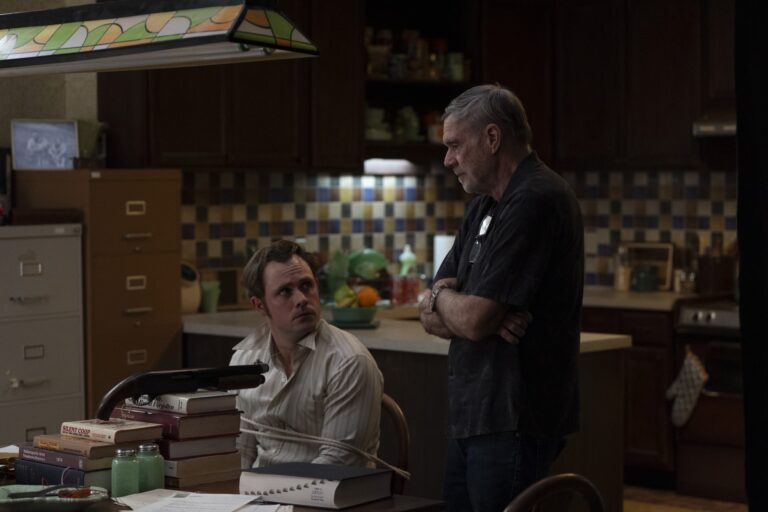
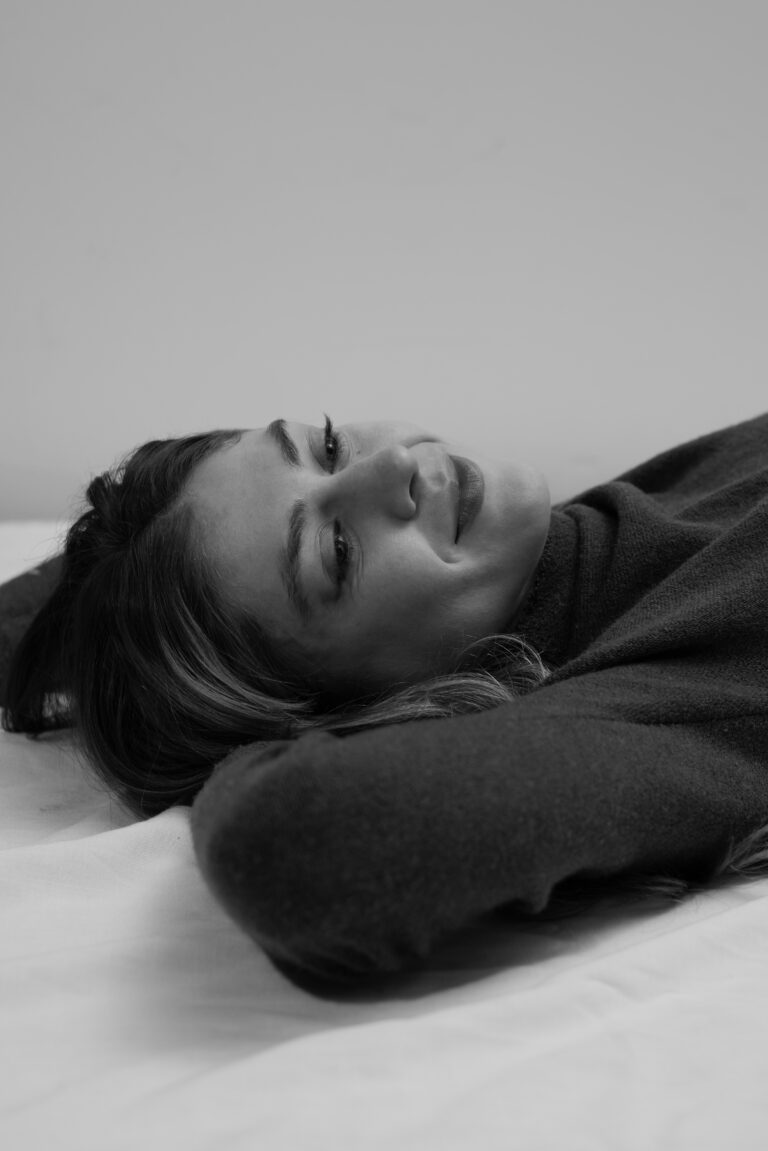
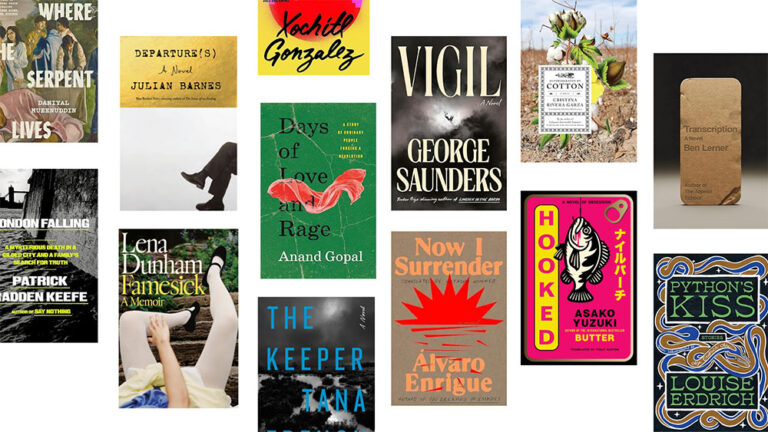
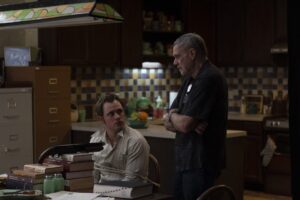

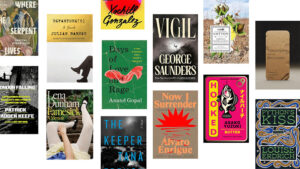



 in your life?
in your life?

